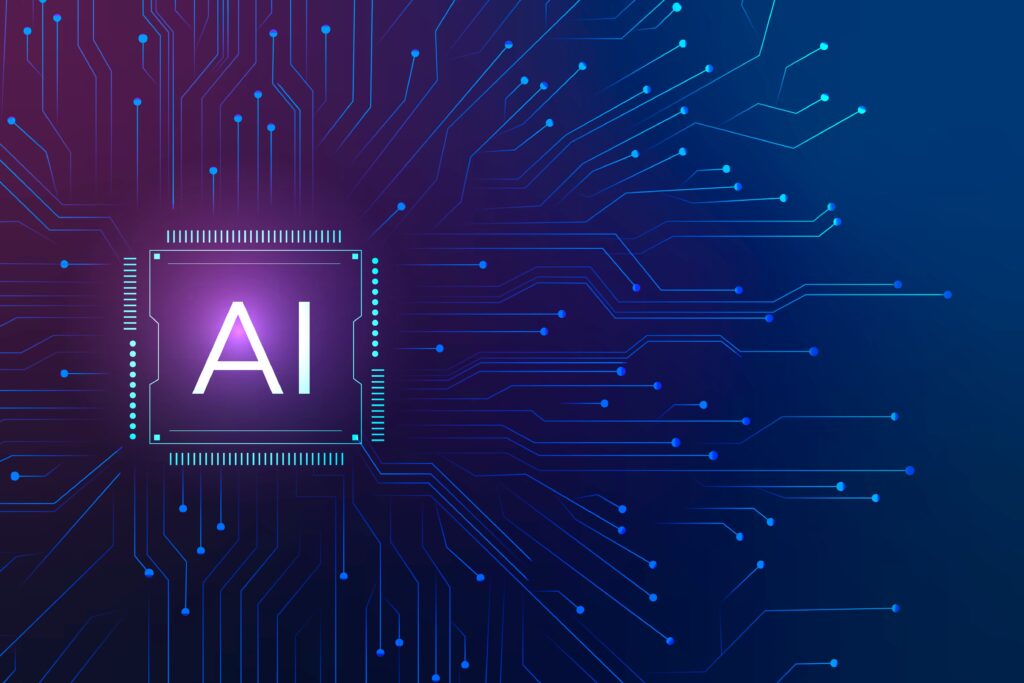

An Examination of AI Applications’ Effects in Business
These days, artificial intelligence is a popular topic. Businesses all around the world are benefiting from artificial intelligence (AI), from the broad adoption of technologies like ChatGPT to its integration into technology and communication solutions for smarter operations. A survey published by Capital Economics on behalf of the Department for Digital, Culture, Media & Sport (DCMS) states that 15% of UK businesses have used AI Applications in Business. According to research by Capital Economics, this adoption of AI is only projected to increase, with 22.7% of businesses predicted to be utilizing it by 2025 and 33.3% of organizations anticipating having at least one AI tool by 2040.
Even with AI’s high adoption rates and the advantages it has shown to offer organizations, there is still significant mistrust and anxiety about this technology AI Applications in Business. Some firms may find it difficult to incorporate AI due of various concerns, such as the possibility that it may replace human workers in particular jobs or the potential security and privacy problems.


Without a question, artificial intelligence (AI) is here to stay and will have a significant impact on business in the future. For this reason, it’s critical to comprehend AI’s workings, advantages, and potential drawbacks. which is precisely what this post will do. We’re going to examine the advantages and disadvantages that AI Applications in Business.
Businesses in a variety of industries are already utilizing artificial intelligence; you have probably used it yourself, whether in the workplace or while utilizing social media or search engines. Whether you have consciously used AI or not, there is no denying its impact and the numerous chances and advantages it offers to enterprises worldwide. Let’s examine a few instances of artificial intelligence in the corporate world.
The field of communications is a prime illustration of another useful application of AI. In order to save agents’ time, artificial intelligence (AI) can automate calls with straightforward requests or questions. It can also provide intelligent call queuing, which enables users to self-serve and further streamlines communication channels. By decreasing annoyance, facilitating speedier access to human agents for clients who truly need them, and automating the process of responding quickly to simple requests, this optimization of corporate communication enhances the customer experience.



